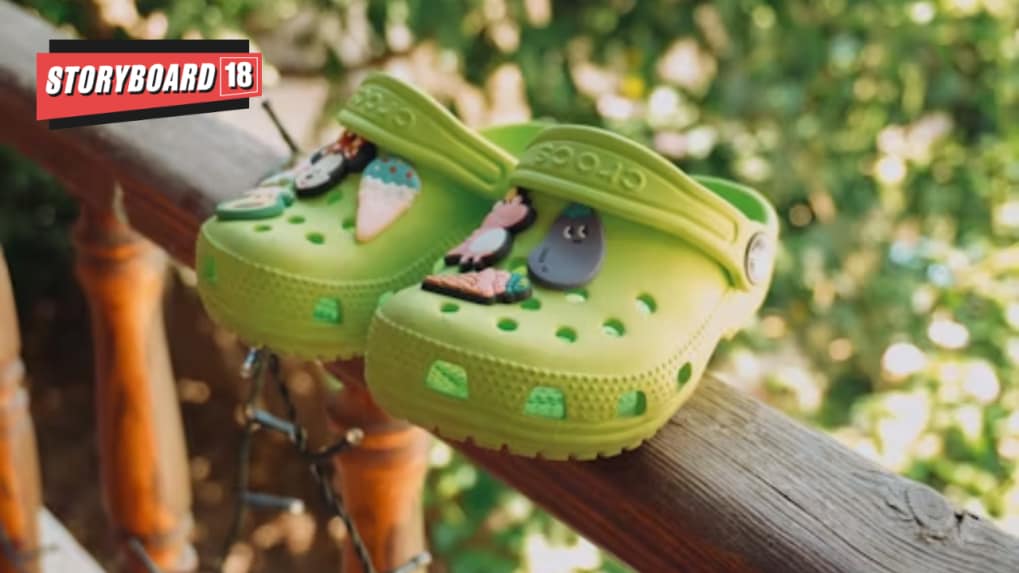Brand Makers
Dil Ka Jod Hai, Tootega Nahin

The Supreme Court on Friday dismissed petitions filed by Bata India and Liberty Shoes seeking to overturn a Delhi High Court ruling that had revived Crocs Inc. USA’s passing off suits against several Indian footwear companies. The July 2025 decision of the High Court had restored for trial Crocs’ long-running claims against manufacturers including Bata, Liberty, Relaxo, Action Shoes, Aqualite and Bioworld Merchandising.
A Bench of Justices Sanjay Kumar and Alok Aradhe refused to interfere, observing: “We are not inclined to entertain this plea. The Delhi High Court has merely restored the suits for consideration by the trial court. We, however, make it clear that the trial court of the learned single judge shall consider the matters uninfluenced by any observations made by the division bench or by the dismissal of these SLPs. Question of law kept open.”
The dispute stems from litigation initiated by Crocs before the Delhi High Court, alleging that multiple Indian manufacturers had passed off their own products as Crocs’ distinctive foam clogs. The company claimed that its competitors had replicated the shape, configuration and perforated design of its clogs, features that Crocs argued function as a shape trademark or trade dress and mislead consumers by capitalising on the brand’s global reputation.
In February 2019, a single judge of the Delhi High Court dismissed all six suits at the preliminary stage on the ground that they were not maintainable. The judge held that Crocs could not seek passing off protection for a product configuration already covered by a registered design. However, in July this year, a Division Bench comprising Justices C Hari Shankar and Ajay Digpaul overturned that ruling and reinstated the suits, prompting Bata and Liberty to appeal to the Supreme Court.
Liberty, in its petition, argued that the Division Bench had misapplied the Delhi High Court’s Full Bench judgment in Carlsberg Breweries A/S v Som Distilleries and Breweries Ltd. It maintained that Carlsberg made clear that once a design is registered, its proprietor cannot assert passing off rights over the same features, and that such a claim must involve a broader trade dress or get-up beyond the registered design. Allowing Crocs’ actions to proceed, Liberty contended, would effectively grant the company a “dual monopoly”, offering perpetual protection under trademark law for features that the Designs Act safeguards only for a limited period.
The company further submitted that the High Court had overlooked Section 2(d) of the Designs Act, which explicitly excludes trademarks from the definition of a design. It also argued that the Division Bench had failed to apply the earlier Full Bench ruling in Mohan Lal v Sona Paint & Hardwares, which held that a design forms part of the goods themselves, while a trademark denotes trade origin. Once a design registration expires and enters the public domain, its use cannot be monopolised through passing off, Liberty said.
Bata was represented by Senior Advocate Neeraj Kishan Kaul, while Liberty was represented by Advocate Saikrishna Rajagopal of Saikrishna & Associates.
"The raucous, almost deafening, cuss words from the heartland that Piyush Pandey used with gay abandon turned things upside down in the old world order."
Read MoreFrom OpenAI’s ChatGPT-powered Atlas to Microsoft’s Copilot-enabled Edge, a new generation of AI-first browsers is transforming how people search, surf and interact online — and reshaping the future of digital advertising.